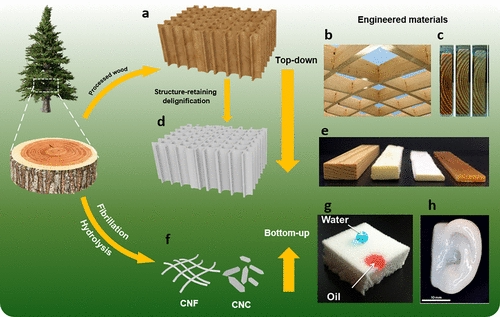Espoo, Finland : Metsä Spring’s innovative textile fiber, Kuura, is gaining attention for its environmental benefits. Made from softwood Kraft pulp, Kuura serves as a sustainable alternative to traditional fibers like viscose, lyocell, and cotton. A life cycle assessment by Etteplan, reviewed by RISE Research Institutes of Sweden, highlights Kuura’s significantly smaller carbon footprint, boasting one of the lowest global warming potentials among textile fibers.
Kuura’s production process is integrated with Metsä Group’s bioproduct mill, which runs on renewable energy, further reducing its reliance on fossil fuels. Compared to traditional fibers, Kuura emits roughly one-third of the greenhouse gases of viscose, one-quarter of those of cotton, and over 80% less than lyocell.

While industrial-scale testing is still pending, Kuura is expected to be suitable for a range of applications, including woven textiles, apparel, and non-woven products like mattress covers. Its environmental and sustainable credentials are further supported by its four consecutive years of receiving the Green Shirt Hot Button ranking from Canopy for responsible raw material sourcing.
Metsä Spring’s collaboration with Itochu Corporation through Tochu Textile Company strengthens Kuura’s market potential, as the company continues to explore ways to replace fossil-based materials with eco-friendly alternatives.